breastfed baby diarrhea pictures
/diarrhea-in-the-breastfed-baby-431632-v1-5c01932a46e0fb0001cbf7ac.png) Appearance, Causes, and Treatment of Baby Diarrhea
Appearance, Causes, and Treatment of Baby DiarrheaAppearance, causes and treatment of baby diarrhea Donna Murray, RN, BSN has a Bachelor of Sciences in Nursing at the University of Rutgers and is a current member of Sigma Theta Tau, the Society of Honor in Nursing. Meredith Shur, MD, FACOG, is certified in obstetrics and gynaecology, as well as a certified examination doctor. Diarrhea is one of the most common problems of childhood in the United States and around the world. It can be terrifying and dangerous. But when you have a baby or a small child, it is not always easy to distinguish between normal cocoa and diarrhea. Here's how to know if your baby has diarrhea, along with information about the causes, treatments and dangers of diarrhea in newborns and babies. Identify diarrhea Normal can be a variety of colors and consistency. It is even typical for newborns to have many bowel movements every day. So how can you know if your baby's bowel movements are normal or if your child has diarrhea? The regular baby poop may look yellow, tanned or green. It can be spongy, soft, thick as pasta, or more formed. A baby may have several poopy diapers a day or just one or two. What you find in your baby's diaper has a lot to do with your baby's age and diet. Newborns may have a bowel movement in every diaper change, while older children may shit once a day or once every few days. How to feed your baby also affects your bowel movements. Baby Diarrhea Breast Baby Poop If you breastfeed, and your baby's poop is yellowish and soft or spongy with small curdos or seeds on it, you don't have to worry. That's typical of breastfeeding baby poop, and it's okay if you see it every time you change the diaper. But since intestinal movements can be loose and spongy, it can be more difficult to distinguish between normal caca and diarrhea. Formula Poop Babies who drink child formula, have bowel movements that tend to be tanned tones to brown. They are often thicker or firmer than breast milk. It is usually easier to notice the change in bowel movements and identify diarrhea in formula-fed babies. Combination Poop If you your child both breast milk and formula, cocoa diapers will be a combination of the two previous types. After a while, you will be able to differentiate between what is normal for your baby and what is not. There is a wide range when it comes to a normal baby poop. It only becomes a concern, if you notice any changes in your child's normal caca. A looser caca than normal or aqueous is not usually something to worry about. But two or more could mean diarrhea. So, watch your baby. Causes A baby may have diarrhea for many reasons. Here are some of the general causes of diarrhea for all babies along with some causes related to breastfeeding and formula feeding. General causes Regardless of the type of food, diarrhea can develop in any child for several reasons. Here is an overview of the most common causes. Infants with breast milk Along with the above general causes, breast-feeding babies may develop diarrhea for any number of reasons. Here is an overview of the most common reasons. Formula babies Along with the above general causes, newborns and infants who drink child formula can develop allergy diarrhea and other problems. Here is a closer look at the causes of diarrhea in formula-fed babies. Effects When a baby has diarrhea, fluids come out of the body. If the baby loses more fluids than it takes through the feedings, it can be dehydrated. in newborns and young children can occur very quickly. Here is an overview of signs of dehydration to keep an eye out. Signs of dehydration If you notice signs of dehydration, call your doctor immediately. Treatment Treating diarrhea in babies focuses on keeping the baby hydrated. If diarrhea is mild, it can often be handled at home. Continue feeding The most important thing you can do to treat diarrhea in babies is . Breast or offers the bottle more often while your child has loose feces to provide additional fluids. You should not stop feeding to try to rest your child's stomach. A baby can dehydrate very quickly without food, especially if the baby is losing fluids through diarrhea. Talk to your doctor If you are breast-feeding and your child is taking food well, you do not need to give your child an oral rehydration fluid like the pediatrician unless the doctor tells you to do so. Maternal milk contains the baby needs to replace what is missing through diarrhea. There are also breast-milk antibodies that help your baby fight infection and disease. If you are feeding bottles, do not dilute child formula (or breast milk) to give your child extra water. Feed your child as you would. You should only give your child additional fluids like the pediatrician if your doctor recommends it. Your doctor may order an antibiotic for your child if diarrhea is due to a disease or infection. In the meantime, avoid giving your child free-sale medicines for diarrhea. Antidiarrheal medicine can be harmful to babies. So it's not recommended. Watch the baby's skin Older diapers can irritate your baby's skin and cause a diaper rash, so they change wet and dirty diapers often. Try to keep your baby's diaper area as clean and dry as possible. Using a diaper ointment after each change can be relaxing and add a protective barrier to your child's skin. Be sure to wash your hands after every diaper change to prevent the spread of germs. Watch the dehydration Keep an eye out for the signs of dehydration listed above. Serious diarrhea leading to dehydration may require intravenous (IV) fluid treatment in the hospital. Good Hygiene Practice Depending on the cause of diarrhea, it can be contagious and spread to others in your family. So wash your hands after changing your child's diaper or using the bathroom, and remind other family members to do the same. When to Call the Doctor Diarrhea can be dangerous for newborns and young children because it can lead to dehydration and . An occasional loose caca is not usually a problem. However, if you see two or more aqueous bowel movements, your baby may have diarrhea. Call your baby's doctor right away if: Other considerations Diarrhea is so common that in children under 5 years of age there are up to 35 million cases of diarrhea every year in the United States according to the Centers for Disease Control and approximately 1.7 billion cases worldwide. Babies and young children may experience an episode of diarrhea approximately twice a year. It affects children who take child formula, those who breastfeed and babies who take a combination of breast milk and formula. Although there are some differences. Studies show that breastfeeding babies receive diarrhea less often than formula-fed babies. Because breast milk is full of , it helps protect babies against some of the common childhood diseases, including diarrhea. Also, when a baby is, there is a limited exposure to organisms in food and water that can cause stomach infections and diarrhea. The more a baby loves, the more protection it receives. Exclusive breastfeeding is better than , and partial breastfeeding protects better than full formula feeding. A word from Muywell It's natural to worry about your newborn or baby. And, a baby's bowel movements can certainly be part of that, especially for new mothers. From that first coarse, sticky and black meconium poop to changes in the frequency, color and texture of movements during the first weeks and months, it is certainly a learning experience. The normal range can be surprising. It may also make it difficult to know when the baby is having a bowel problem like diarrhea. And even if it can be terrifying at first, before you know it, you'll have a good understanding of what's normal for your child. Then you can know when something is different from that rule. Of course, if you are worried or have any questions you should contact your baby's doctor. Tracking your baby's most exciting moments with our milestone checklist. Take it free when registering for our newsletter. Thank you, for signing. There was a mistake. Please try again. Mokomane M, Kasvosve Yo, De melo E, Pernica JM, Goldfarb DM. Ther Adv Infect Dis. 2018;5(1):29-43. Scholtens PA, Goossens DA, Staiano A. World J Gastroenterol. 2014;20(37):13446-52.Thiagarajah JR, Kamin DS, Acra S, et al. Gastroenterology. 2018;154(8):2045-2059.e6. (LactMed) [Internet]. Bethesda (MD): National Library of Medicine (US); 2006-. Senna. [Updated 2018 Oct 31]. Medline More Medical Encyclopedia. Medline More. Paediatr Children's Health. 2003;8(7):459-68.World Health Organization. . Updated 2 May 2017.Lamberti LM, Fischer walker CL, Noiman A, Victora C, Black RE. . BMC Public Health. 2011;11 Suppl 3:S15. doi:10.1186/1471-2458-11-S3-S15Riordan, J., and Wambach, K. Breastfeeding and Human Lactation Fourth Edition. Jones and Bartlett Learning. 2014. Thank you, for signing. There was a mistake. Please try again.
Poos and wees | Pregnancy Birth and Baby
See Diaper Poop Pictures from a Breastfed Baby for Breastfeeding Mothers | Pooping in Diaper | Diaper Pictures | Breastfed Stools
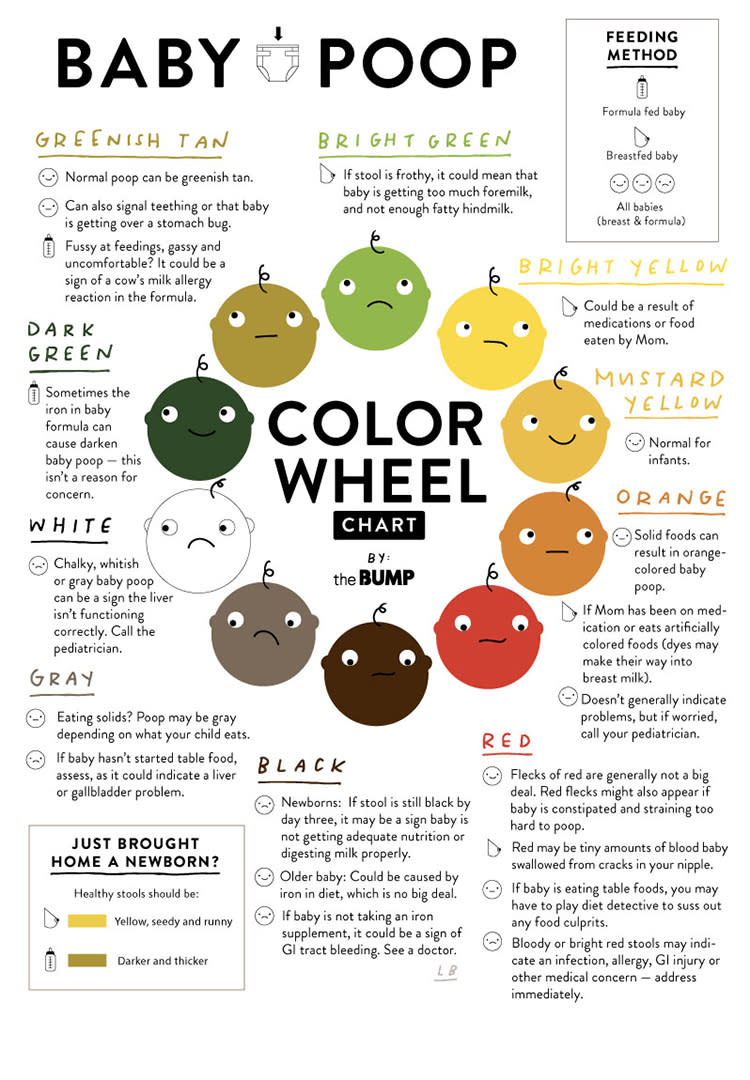
Baby Poop Guide

Is this normal baby poop (pic) - August 2018 Babies | Forums | What to Expect

Characterizing Exclusively Breastfed Infant Stool via a Novel Infant Stool Scale - Gustin - 2018 - Journal of Parenteral and Enteral Nutrition - Wiley Online Library

Pin on Breastfeeding

Mucus in Baby Poop: Breastfed, Teething, Pictures, and More

Baby poop: A visual guide | BabyCenter
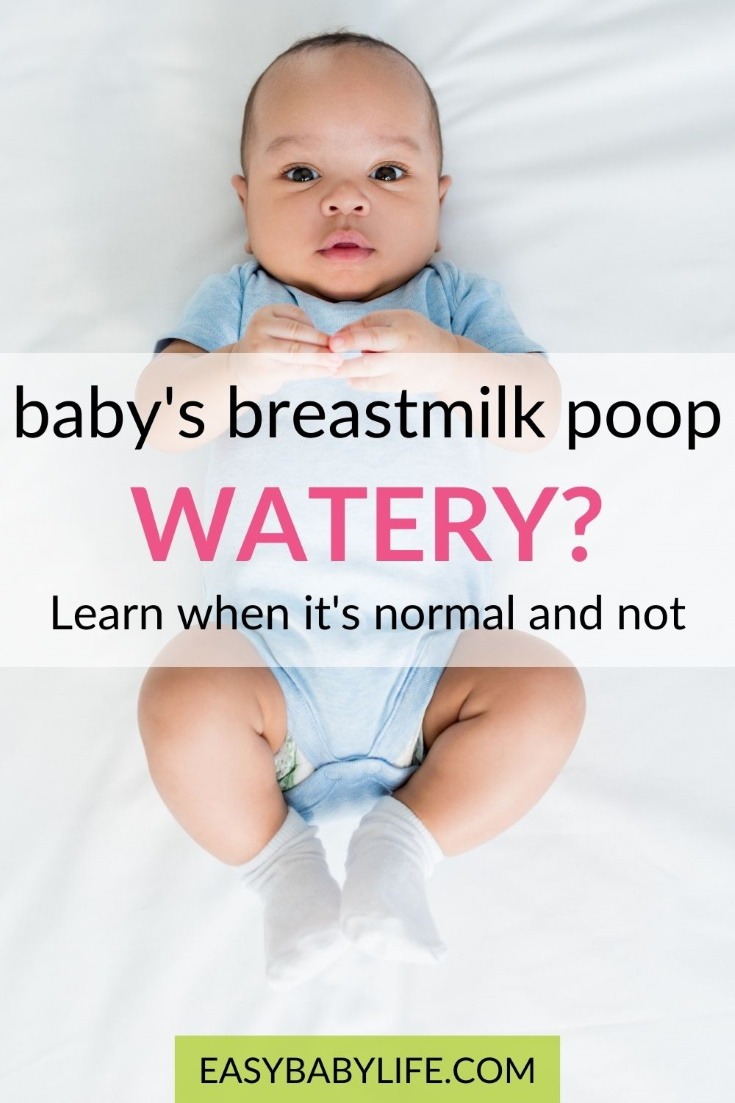
Breastfed Baby Poop Watery and Runny - 4 Important Reasons
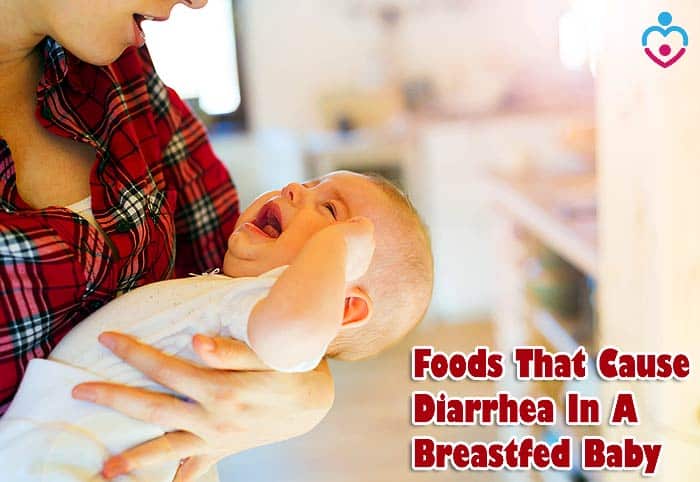
Top 10 Foods That Cause Diarrhea In Breastfed Baby

How many days can a baby go without pooing? - Kidspot

Diarrhea In A Newborn Breastfed Baby - newborn baby

Baby diarrhea? Warning: poop pic - August 2018 Babies | Forums | What to Expect
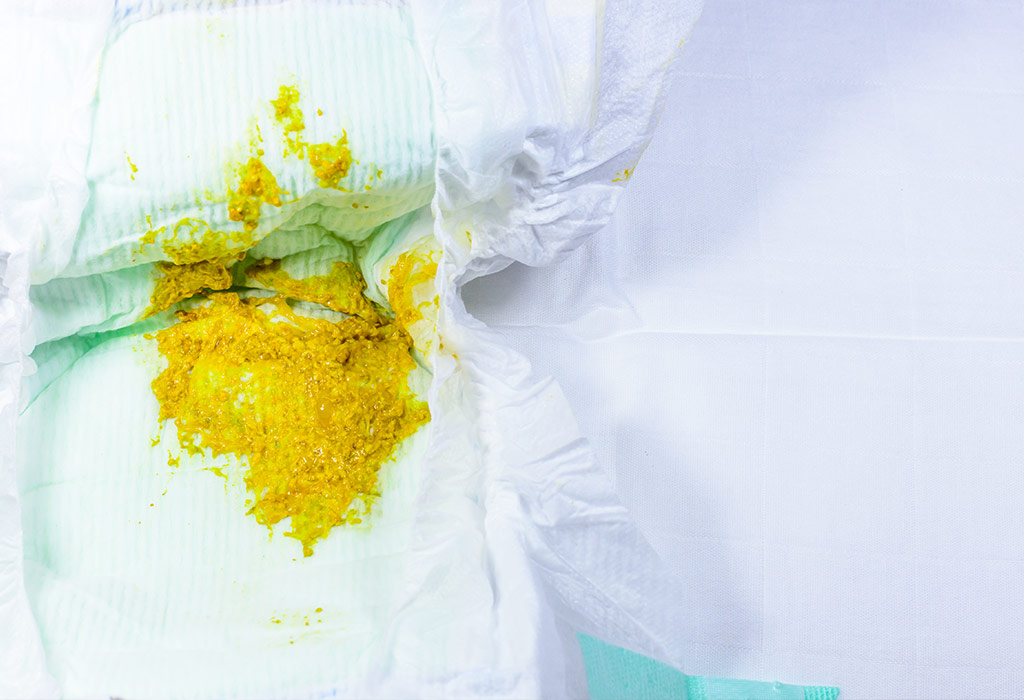
Diarrhoea in Infants – Reasons, Signs & Treatment

Newborn Breastfed Baby Diarrhea Pictures - newborn baby
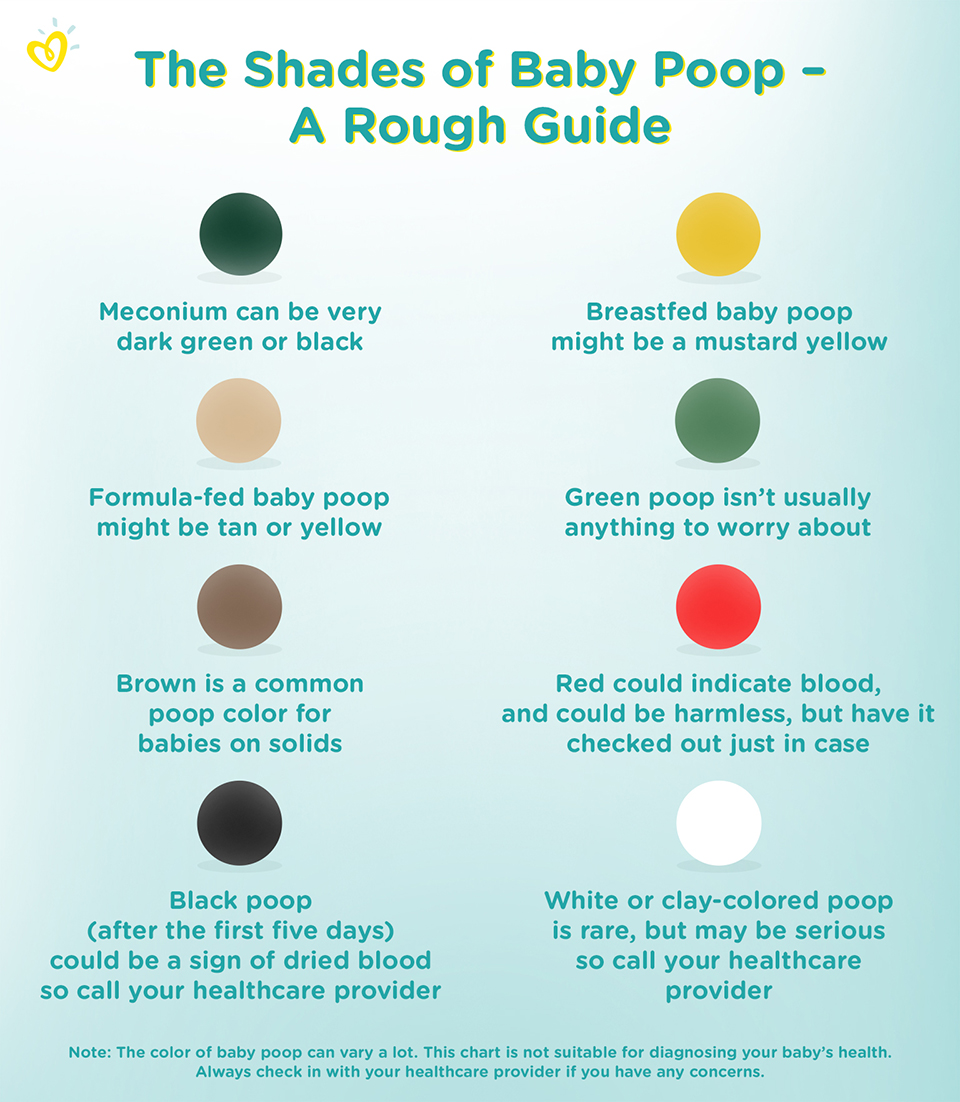
Your Baby's Poop — What's Normal? | Pampers

12 Types of Baby Poop & What They Mean | Infographic
|3 |4 |5 |6 |7 |8 |9 |10 |11 |12 |13 |14 |15 |16 |17 |18 |19 |20 |21 |22 |23 |24 |25 |26 |27 |28 |29 |30 |31 |32 |33 |34 |35|36 |37 |38 |39 |40 |41 |42 |43 |44 |45 |46 |47 |48 |49 |50 |51 |52 |53| 54 |55 |56 |review The World Health Organization defines diarrhea as the ...

Baby Poop Colors & What They Mean - Babyobabe
.jpg)
12 Things No One Told You About Breastfeeding
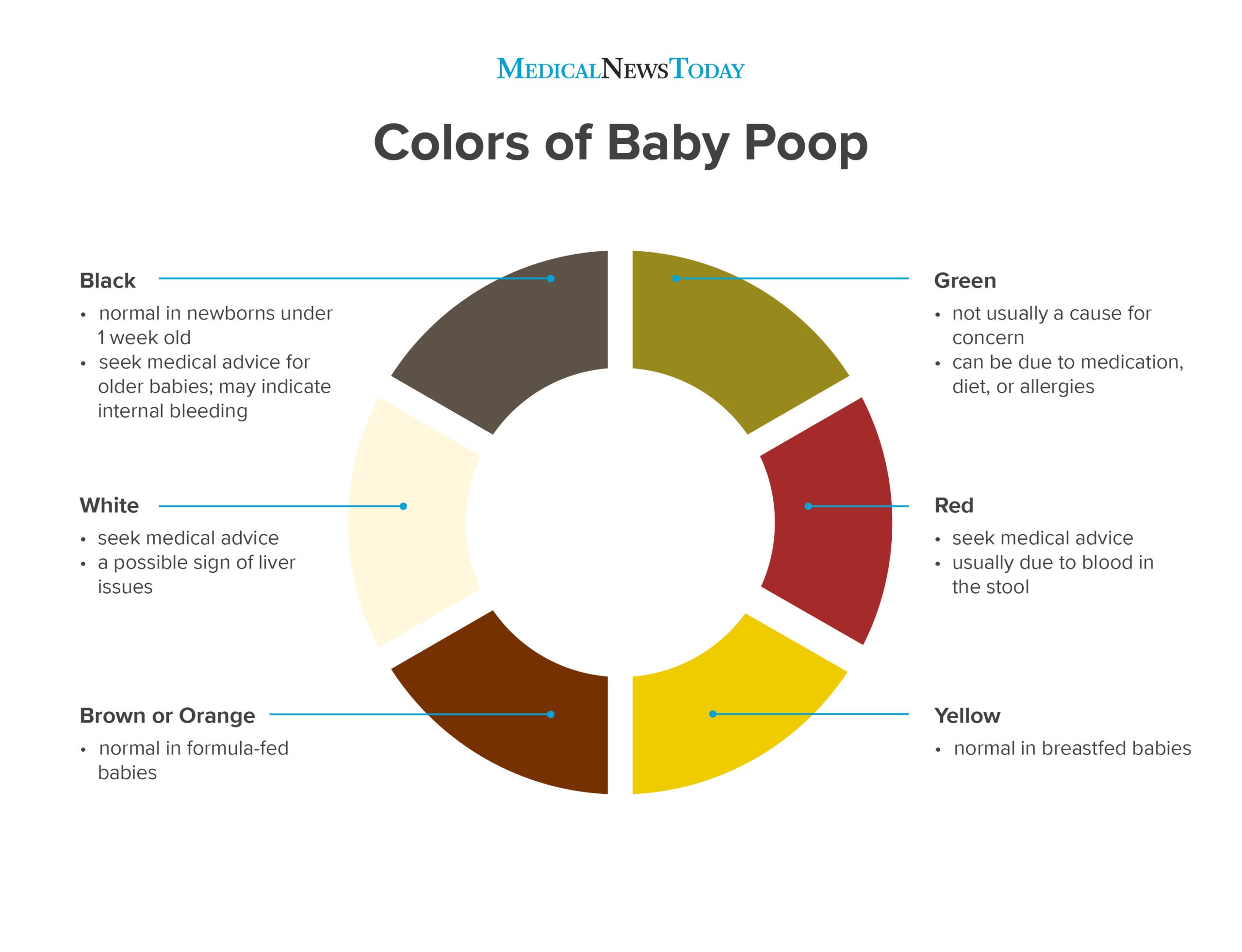
Blood in baby stool: Causes, symptoms, and treatments
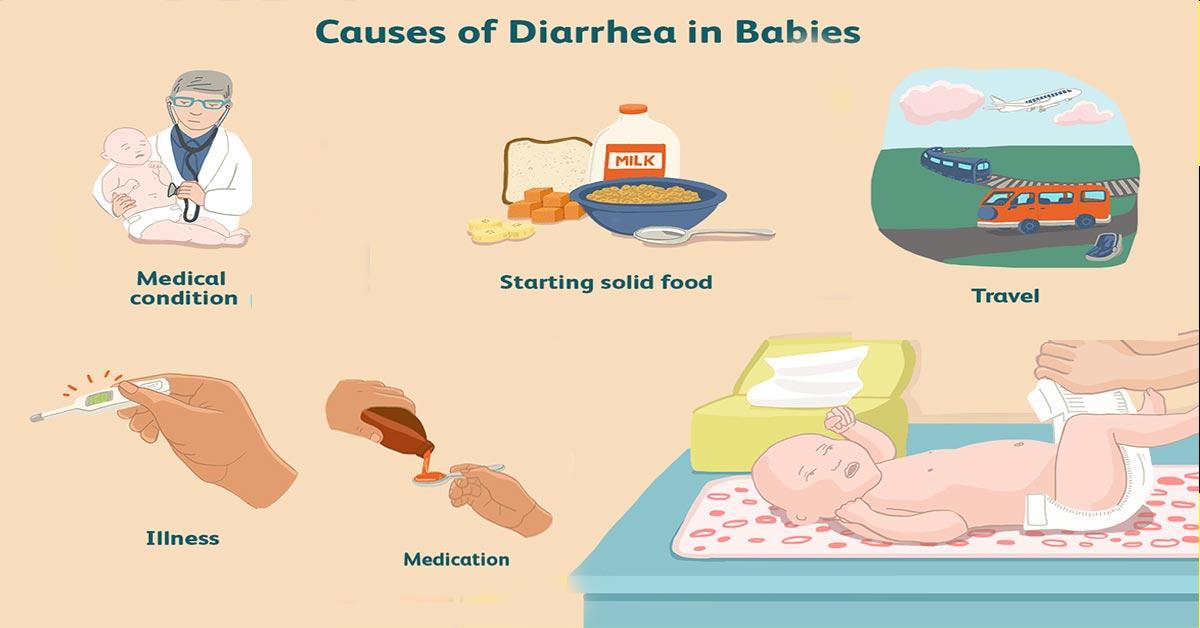
Diarrhea In Babies – Causes, Symptoms And Treatment

Baby Diarrhea: Causes, Treatments, and What It Looks Like | Parents

Baby Diarrhea! 4 Common Causes!! - BabyKidsHQ | Newborn diarrhea, Baby breastfeeding, Colic baby
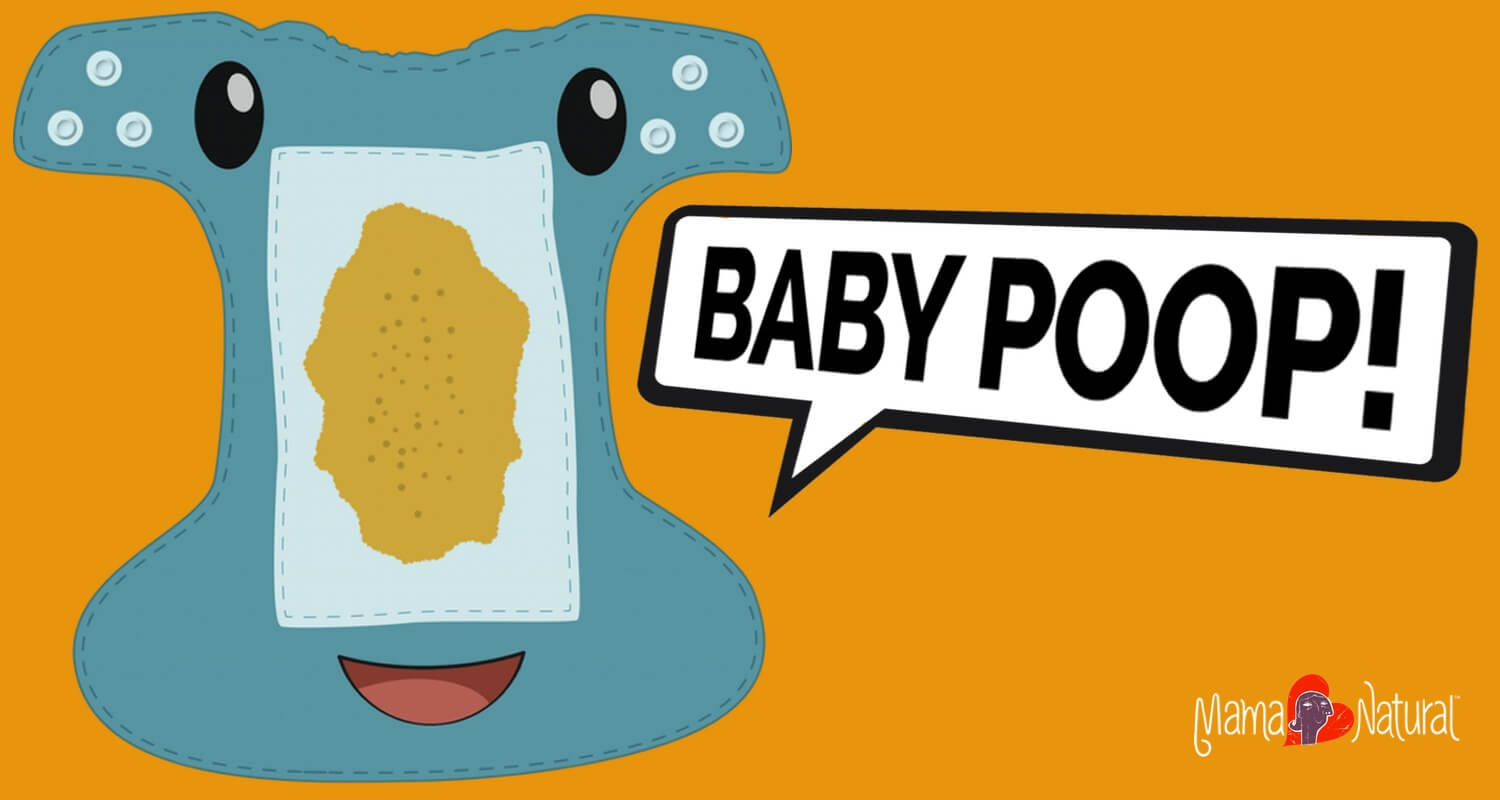
Baby Poop - What's Normal & What Ain't (With Pictures!)

Baby Diarrhea: Causes, Treatments, and When to Worry

Diarrhea On Newborn Babies - Newborn baby

Green baby poop explained: A visual guide | Mother&Baby

Breastfed baby poop a pic request - March 2019 Babies | Forums | What to Expect

Breastfed Children's Bowel Movements | Happy Family Organics
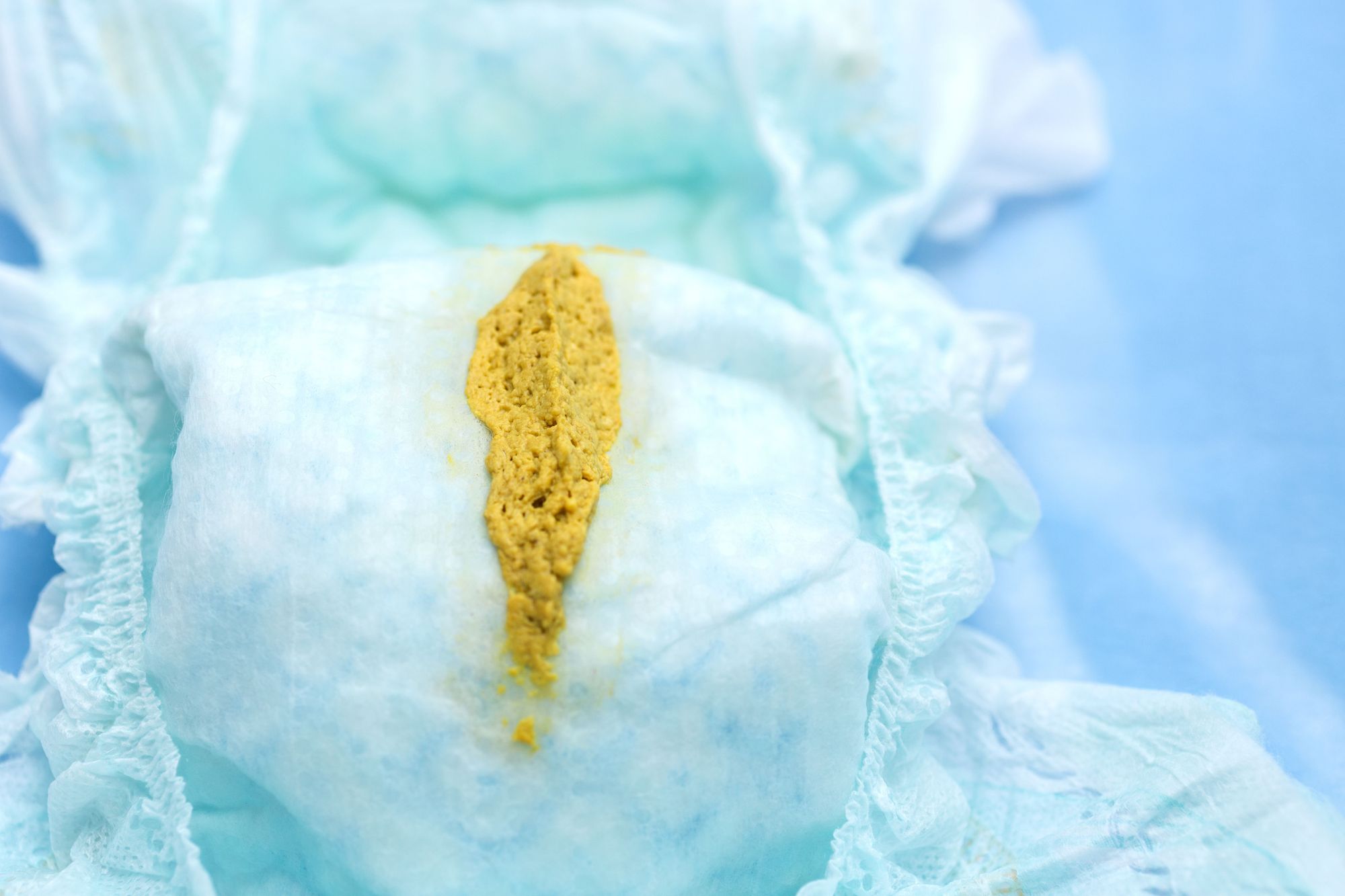
Newborn Diarrhea & Green Stools

Breastfed Baby Diarrhea (Page 1) - Line.17QQ.com

Baby Poop Textures • MFPI Baby

Is it normal green poop for breastfed baby? | kidschildren

Characterizing Exclusively Breastfed Infant Stool via a Novel Infant Stool Scale - Gustin - 2018 - Journal of Parenteral and Enteral Nutrition - Wiley Online Library

Our journey with breastfeeding and MSPI - Happy Healthy Mama
/VanessaDaviesDorlingKindersleyGettyDiaper-56a0b8553df78cafdaa454ce.jpg)
Appearance, Causes, and Treatment of Baby Diarrhea

Question: Why Is My Breastfed Poop Runny? – From conception to birth

What does breastfed baby diarrhea look like? - SeekAndRead

The scoop on poop | baby gooroo
Posting Komentar untuk "breastfed baby diarrhea pictures"